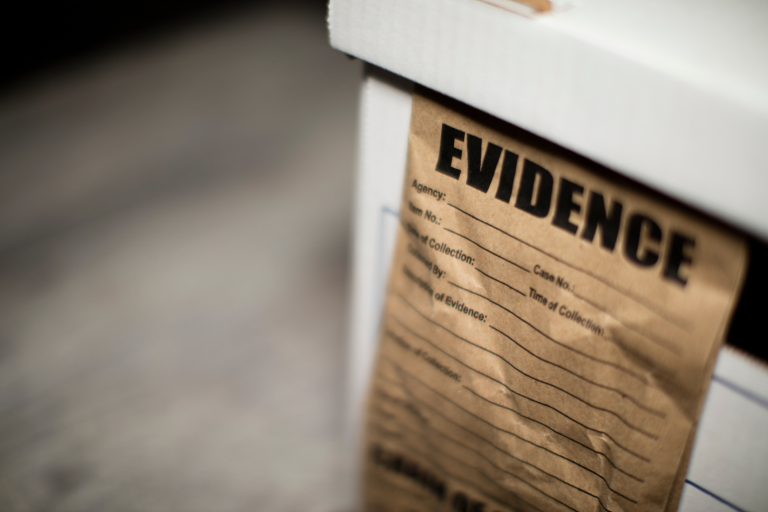The following article is general information only and should not be considered legal advice. Every settlement is unique, and personalised legal advice should be sought.
You’ve spent years saving a deposit, months going to open home inspections, and finally you’ve found your dream home. The loan is secured, and now you’re waiting on settlement day.
However, if you’ve never bought property before, you might be wondering exactly what happens on settlement day. Read on to better understand the settlement process, what to expect in the lead up, and why having an experienced conveyancing lawyer taking care of business is the key to a smooth settlement day.
What happens prior to settlement day?
Much work goes into preparing for settlement day, and all the preparation is vital for a smooth and predictable handover. So if you haven’t seen a conveyancing solicitor before you signed the pre-prepared contract of sale, it’s advisable to do so as soon as possible.
Your conveyancing lawyer will:
- Liaise with any lenders, financial institutions, or mortgage brokers to ensure they are booked for settlement day. They will then advise you of the date and time and ensure it is confirmed closer to the date.
- Ensure you are aware of and understand your obligations pursuant to the sale contract, including but not limited to your insurance obligations and identifying key due dates, explaining the importance of each.
- Thoroughly prepare and check all documents and complete any necessary title and property searches to ensure there are no encumbrances or third party mortgages registered over the title for the property after settlement day.
- Calculate and allocate all finances for the settlement date, ensuring that you know and understand all the funds required and why.
Does your conveyancer come to settlement day?
Most settlements are now completed online by the lender, the seller’s conveyancer and your conveyancer exchanging the relevant legal documents. Funds are transferred, titles are transferred, and your financier will lodge the new mortgage against the title if you have a mortgage. Although it is not the usual practice, some settlements may be undertaken in person, but you are not required to attend. Your conveyancer will let you know when settlement is completed.
How long does settlement take?
Sometimes the settlement process is relatively swift and, under perfect conditions, is complete by 3pm on settlement day. So if everyone is organised, prepared, and on track, it can be a relatively quick process.
Do you get the keys on settlement day?
If all goes to plan, you should get the keys on settlement day. However, the unexpected can sometimes delay things, so it is best to book a removalist a few days after settlement day. This also gives you the time to clean the property before moving in.
Can you move in on settlement day?
Technically, yes. In the event that settlement is straightforward and you receive the keys on the day, there is nothing to stop you moving in.
What can go wrong on settlement day?
If you work with an experienced and professional legal conveyancer, the chances of something going wrong are small. However, there can be things out of your control that can delay settlement. There is usually a three-day grace period to allow for minor delays. These include:
- The correction of an error in your legal documents because of an incorrect date of birth, name or typing error.
- Issues with the property discovered during an inspection a few days before settlement such as damages that have occurred since you signed the sale contract or repairs that need to be completed. You may request an extension to the settlement date in order to get these issues rectified.
- Issues with your finance. Perhaps you did not get pre-approval, and your finance hasn’t been approved.
- Delays caused by the seller. It may be that you are required to wait for the seller’s mortgage to be discharged which can also delay settlement day.

What will your conveyancer do if there is a problem on settlement day?
Your conveyancer will take care of any problems that arise on settlement day. They will let you know what’s happening, what needs to be done to rectify the problem, and how long they estimate this will take. You may be required to re-sign corrected documents.
Choosing a good conveyancer experienced in property law and sales gives you peace of mind that the settlement process goes smoothly and that your best interests are protected in the event of any problems or delays.




















